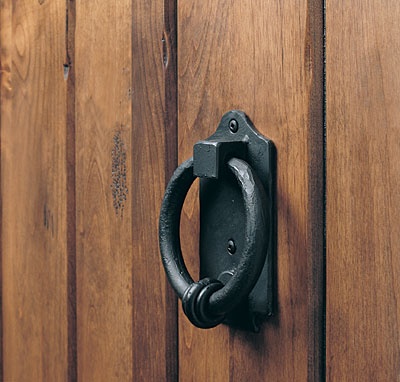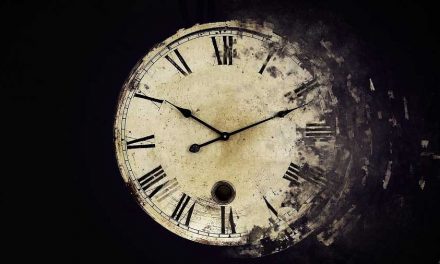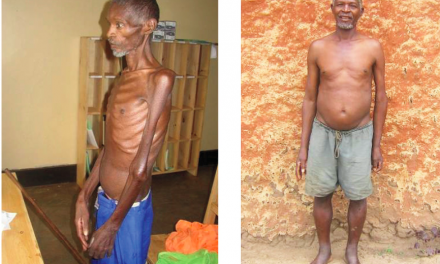Twenty-first Sunday in Ordinary Time
Sunday, August 25, 2013
Is 66:18-21; Ps 117: 1,2; Heb 12:5-7,11-13; Lk 13:22-30
When we encounter Jesus in this Sunday’s Gospel, we may be surprised to find his parable of rejection and a closed door: “‘I do not know where you are from. Depart from me, all you evildoers! And there will be wailing and grinding of teeth when you see Abraham, Isaac, and Jacob and all the prophets in the kingdom of God and you yourselves cast out’” (Lk 13: 27-28). The reading may lead us to ask whether the Gospel legitimizes – perhaps even promotes – exclusion.
Leading up to this passage in the Gospel of Luke, there are similar instances of some who seem beyond inclusion and mercy. Luke 12 speaks of sin against the Holy Spirit as sin that cannot be forgiven (Lk 12:10). And Luke 13 opens with warnings about unrepentant sinners who will perish and a parable in which a fruitless fig tree is about to be cut down. The prospect of destruction for evildoers is of course not unique to Luke and can be found all over the Bible.
In the Gospel of Matthew, John the Baptist warns that the one to come after him has “his winnowing fork is in his hand, and he will clear his threshing floor and will gather his wheat into the granary; but the chaff he will burn with unquenchable fire” (Mt 3:12). And in the famous scene in Matthew 25, we find the separation of the sheep and goats such that the latter are excluded from the kingdom and sent to depart into eternal punishment.
The question on our lips may not be all that different from the query posed to Jesus at the beginning of this Sunday’s Gospel: “Lord, will only a few people be saved?”
The question matters a great deal. If we conceive of God’s world as one in which the most significant landscaping feature is a big, bold dividing line, we may be more inclined to use enemy-ally as our own binary model of relationship. That manifestation can be on an international political level where some nations are in an axis of evil or an entire region or religion is characterized as would-be terrorists. It can be on a domestic level where Democrats and Republicans have every confidence that power in the others’ hand spells inevitable destruction of our nation and everything for which it stands. Perhaps most often, it will determine how we look at the person we walk by on the street. And it will allow us to see some of our brothers and sisters as beyond reform and beyond hope. I have a hunch that our faith in that big, bold dividing line is the reason we can incarcerate more men and women than any other nation in the world – and why such a high proportion of those men and women are from racially, economically, and educationally marginalized communities.
“Lord, will only a few people be saved?” Is the punchline of our faith just a big sorting out of the worthy from the unworthy? Or, if we are more honest in many ways, the lucky and the unlucky?
There are some ways to take the sting out of the unquenchable fire. All this talk of exclusion and destruction could be serving a pedagogical function. We can say that it is being used less to predict the future and more to impel us to repentance. We are being warned to turn back from our wicked ways (and there is nothing like a deadline and a very bad consequence to call humans to action). Maybe that big, bold dividing line will have some give and there will be more mercy in the end. The people in this Sunday’s Gospel are knocking but the Lord does not know them and keeps the door locked. Yet two chapters earlier in Luke we hear of another door: “For everyone who asks receives, and everyone who searches finds, and for everyone who knocks, the door will be opened.” (Lk: 11:10) But ultimately this interpretation about the pedagogical usage of exclusion and condemnation doesn’t quite eliminate that big, bold line – it just gives us a little reassurance that perhaps we will be on the proper side of it.
“Lord, will only a few people be saved?” Does the Gospel legitimize and promote exclusion?
We may be asking the wrong question. In response to the query about salvation and numbers (and really, “Lord, how good are my chances and that of my people?”), Jesus responds “Strive to enter.” The answer is not about criteria and it’s not about prognosticating the odds. The answer is about how to live. Strive to enter through the narrow gate. And Jesus adds, “for many…will attempt to enter but will not be strong enough” (Lk 13:24). Discipleship takes strength and action, not complacence and entitlement.
It is a reminder to us that our fascination with the exclusiveness of salvation is a distraction and, perhaps at times, an idol. The solace we find in identifying those who ought to be left on the other side of a locked door does little to help us grow into greater union with God. Flannery O’Connor’s superb short story, “Revelation,” ends with a vision of the familiar reversal that we hear at the end of this week’s Gospel: “For behold, some are last who will be first, and some are first who will be last” (Lk 13:30).
In this verse is trove of wisdom. We must admit the defects in our estimations of greatness and worthiness. Those who are convinced of their special privileges will be shocked to find instead so many of the lesser ones at the banquet in God’s kingdom. But even so, when the first are made last, they are still in line. Even in our sinful pride, we are still included. But we are included in such a way that we know how one lives when truly striving to enter.






Trackbacks/Pingbacks